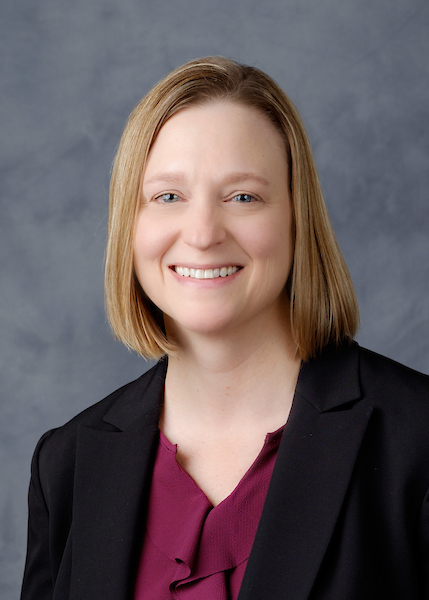Allison McWilliams: Presence and Purpose

Allison McWilliams
Allison McWilliams is assistant vice president, mentoring and alumni personal & career development. She writes occasional articles for Inside WFU. This is the third for the spring semester. In each she shares observations and suggestions with faculty and staff from her professional experiences with students.
There are two sides to every effective mentoring relationship: the mentor and the mentee. Each has responsibilities to the relationship and to his or her mentoring partner. For any mentoring relationship to have a hope of success, it is critical that both partners uphold and keep their commitments to one another: to show up, to be present, to keep confidences, to trust, and to do the work of mentoring. Without that commitment, no matter how well-intentioned or well-planned, the mentoring relationship will fail.
As mentors, one of the ways that we can help students to grow and develop in their relationship-building skills and abilities, is to intentionally discuss these commitments with them, why they matter, and how to practice them. In particular, mentors should engage in an ongoing conversation with their mentees about two critical behaviors: presence and purpose.
Students need to learn what it means to be present. What does this mean? It means showing up, on time and prepared to engage in the conversation and the relationship. It means keeping his or her commitments and giving appropriate notice if he or she is unable to do so. It means setting aside short-term distractions – the phone, email, other responsibilities – to be fully in relationship and conversation with another person, ready to listen and to respond. It means recognizing that the other person is giving a gift to him or her – time, emotional support, access to resources – and that the gift is not to be taken lightly.
Students also need to learn what it means to have purpose. Any mentoring relationship should be built around active learning goals, which directs the work of the relationship. It’s important for students to learn how to set these goals and take intentional steps towards achieving them. But they also need to learn how to discern a larger purpose for themselves, to do the hard work of reflecting on values and beliefs and how these are impacting the decisions and choices they are making. We each need to have purpose, and mentoring relationships are a great vehicle for learning what this is.
We help students to grow into adulthood by holding them accountable for their actions, reminding them of their commitments, and encouraging them to reflect on key learning moments. We help them to do this work when we help them to develop both presence and purpose.
Categories: Guest Post

